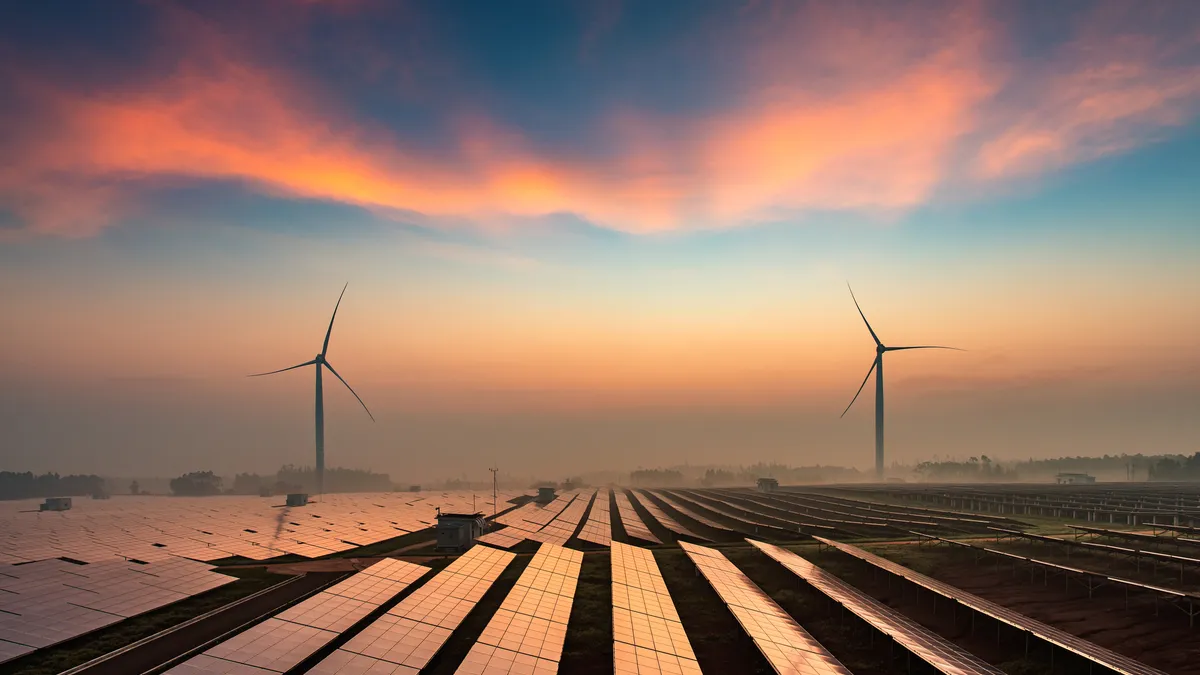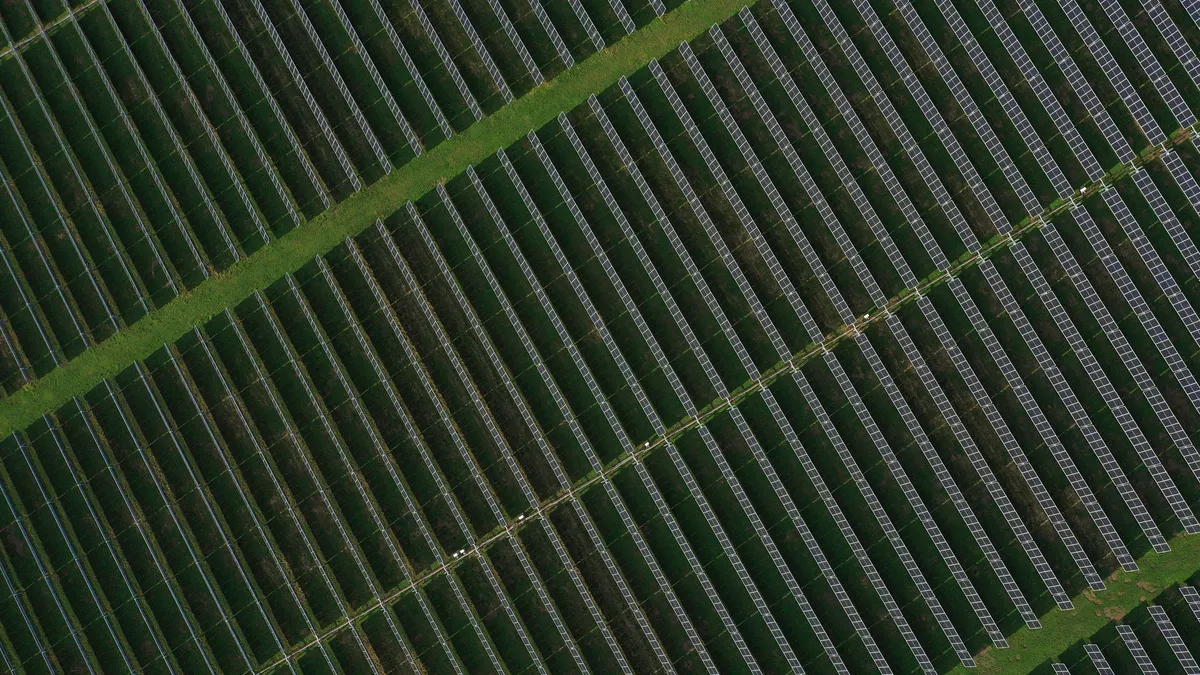The following is a contributed article by Greer Ryan, the Renewable Energy and Research Specialist at the Center for Biological Diversity, and Emma Searson, the Go Solar Campaign Director at Environment America.
The climate crisis is already affecting the lives of millions of Americans. What we do now — both in terms of how quickly we move away from polluting energy sources and how thoughtfully we develop clean ones — will determine how livable a world we leave for future generations.
For the past decade, renewable energy technologies have been growing by leaps and bounds across the United States. But in response to that success, big utilities are pulling out all the stops to block a transformational shift to planet-friendly power.
Increasingly, these enormous monopolies have resorted to misleading studies and bad science. This is especially true of distributed solar — small-scale solar installations on homes and businesses. These systems help everyone, not just those with solar panels on their roofs, by delivering reliable, pollution-free energy to our communities. They also bring enormous benefits to wildlife and wild places. For example, solar panels paired with native plant restoration can provide habitat for threatened pollinators.
But because of utilities’ actions, distributed solar is being held back from its full potential. To fully realize the advantages of using the sun’s energy to power our communities, we need to fundamentally change the way we value energy sources.
Value of solar
We work at two separate environmental organizations, but we both recently wrote reports underscoring this need. And, as if designed to emphasize the urgency of the problem, both reports happened to come out the same week.
As our reports highlight, studies that appropriately assign value to solar energy systems can be an important step in good policy-making. But when those studies are commissioned by utilities, key benefits of distributed solar — including avoided greenhouse gas and air pollution — are often undervalued or left out entirely, skewing the math in favor of the status quo.
This incomplete accounting benefits fossil fuel companies and major investor-owned utilities. But it’s terrible for the rest of us because it leads to policies that slow the development of distributed solar and forces communities to continue relying on dirty power.
An example of this very problem happened recently in Montana. Their major utility, NorthWestern Energy, proposed significant changes to the way solar customers are reimbursed for clean energy they feed back to the grid.
The utility’s proposal includes a mandatory fee that would apply only to solar customers, which would make it harder for those customers to see savings on their energy bills. And the changes are a direct result of a study commissioned by NorthWestern Energy that didn’t account for the full benefits of solar. Had benefits like public health improvements due to better air quality or savings from minimizing water use been included in its study, the utility would not be able to undermine solar so easily.
Montanans aren’t alone. Nearly all U.S. states have considered policies that would be damaging to solar energy in the last year.
Accounting for benefits
On the flip side, when regulators do take solar’s comprehensive benefits into account, it’s more fairly priced and accessible.
The Philadelphia Energy Authority, for example, has a variety of programs that recognize the value of emission-free energy and encourage its growth, including solar rebates and group-buying opportunities that reduce costs.
To change how we value energy sources in the long term, we’ll need creative and courageous thinking from experts in different fields.
Economists can help figure out how to best quantify social and environmental co-benefits that clean, local energy provides or identify a better utility business model. Ecologists can study how solar and other clean energy sources help wildlife, in addition to avoiding consequences of fossil fuels.
It’s time, too, for regulators and legislators to think about their legacy. Public servants need to stop serving the fossil fuel and electric utility industries by only considering the metrics that polluters consider important. They should actually listen to the public and consider the costs and benefits that matter to ordinary people — from clean air to wildlife habitat.
Finally, we need citizens to speak up in support of solar energy, at the ballot box and in everyday life.
If we can account for the full benefits of distributed solar, we can counter attacks from big polluters and set in place policies and regulations to create a 100% clean energy system that benefits everyone.





















